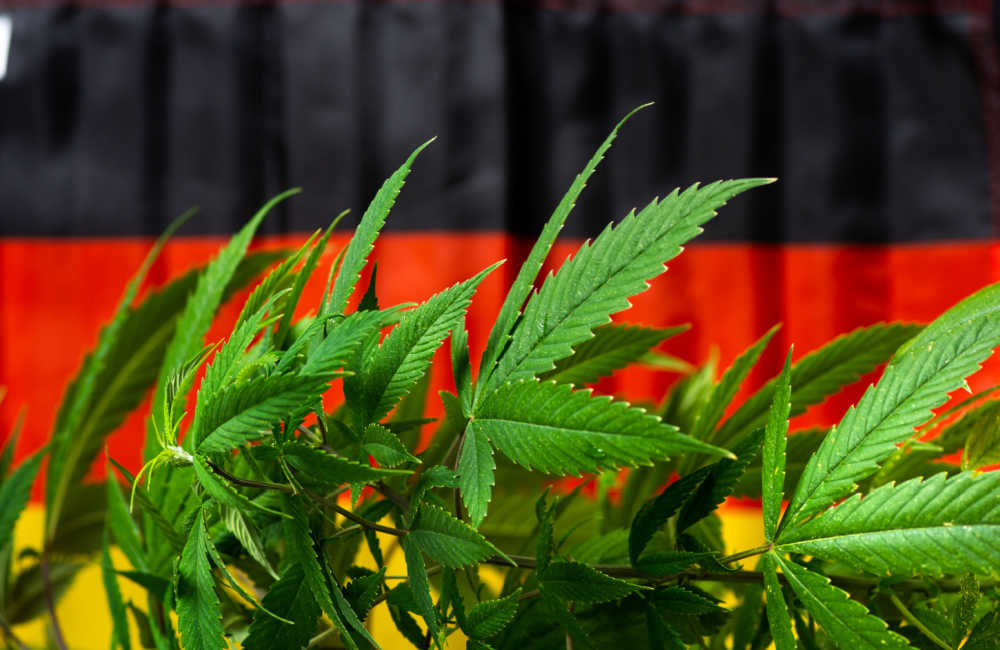Is Cannabis Legal in Germany? No, But That Could Soon Change
It’s looking more likely than ever that a law making cannabis legal in Germany will soon reach German lawmakers for consideration. The law would pave the way to legalizing cannabis in Europe’s largest economy in a series of steps that may begin in 2023 and culminate in 2024.
Germany’s Health Minister Karl Lauterbach recently said the legalization plan received “very good feedback” from the European Commission, which is the executive arm of the European Union (EU). “We will soon present a proposal that works, that is, that conforms to European law,” Lauterbach said, according to CNBC.
Before submitting a law to make cannabis legal in Germany, Lauterbach said German officials first wanted to ensure that the law is compatible with EU law. It appears that German officials have cleared that hurdle, paving the way to soon presenting the law to the Bundestag, Germany’s federal parliament.
Why Making Cannabis Legal in Germany Is Important
The cannabis industry has focused a lot of attention on Germany because of the size of the market. However, the bigger issue is that legalization in Germany could open the door to more EU countries drafting their own legalization laws. While many have decriminalized possession of cannabis for personal use, the only European country to fully legalize marijuana is Malta.
Europe is a potentially huge market for cannabis. Formed in 1993, the European Union now includes 27 member states and more than 447 million people, a larger population than the United States.
The size and population of the EU make it one of the largest economic and political entities in the world, as well as an important trading bloc in global trade. One of the reasons German officials wanted marijuana legalization compatible with EU law is that the EU functions as a single market, allowing for free flow of goods, services, capital and people within the EU.
CNBC reported that making cannabis in Germany could prove the first step in a process that involves legalizing cannabis across the EU. “It would make Germany the world’s largest regulated national cannabis market and the first country in the EU to permit its commercial sale — with potentially sweeping implications for the bloc,” the business site reported.
A Green Future in Germany
While the long-term implications of making cannabis legal in Germany are unknown, it’s clearer than ever what legalization will mean to the country.
The size of the German market makes it an attractive country for cannabis startups, according to The Daily Beast. It will make domestic medical cannabis companies more interesting to foreign investors who want to capitalize on a multi-billion dollar recreational market.
An estimated 4 million in Germany already use cannabis regularly. That number is expected to grow rapidly if cannabis becomes legal in the country.
Legalization also will impact the job market. A study by Heinrich Heine University Dusseldorf projected that cannabis legalization would create 27,000 new jobs and add 4.7 billion euros to Germany’s tax coffers through cannabis taxes, security contributions and money saved on criminal prosecutions.




